Artist: Dream Theater Album: Dream Theater
Year: 2013Duration: 1:08:10
Dream Theater Album Review: A Masterpiece of Progressive Metal
Dream Theater, an American progressive metal band, has been a gem in the genre since the 80s. They are known for their intricate and complex compositions, high technical skills, and conceptual themes. Dream Theater's self-titled album released in 2013, their twelfth studio album, was a hit amongst the prog-metal fans worldwide. In this article, we will take a deep dive into the past and present of the band's history, explore the musical genre of the album, and pick out the best and most innovative songs. Let's get started!
Dream Theater was formed in 1985 by three students studying at Berklee College of Music, John Petrucci, John Myung, and Mike Portnoy. The quartet was completed by Kevin Moore, and the band came into the limelight with their second album, Images and Words, in 1992. Dream Theater is known for their demand for perfectionism, and the band has been consistent with their music style and quality over time.
Talking about the genre, Dream Theater album's sound is a mixture of progressive metal, progressive rock, and heavy metal that their die-hard fans are familiar with. Dream Theater's music is a perfect balance of technical proficiency, melody, and conceptual storytelling that takes a few listenings to sink in. The band pushes boundaries by experimenting with time signatures and harmonies, making the album exhilarating to listen to.
The album comprises nine tracks, with a run-time of just over an hour. The opening song, False Awakening, is an instrumental buildup that slowly transitions into The Enemy Inside, a track that features Petrucci's scorching riffs and the band's trademark alternating time signatures. The third track, The Looking Glass, is one of the most accessible yet appealing songs, with its catchy chorus and groovy guitar riffs. Other standout tracks include Surrender to Reason, Behind the Veil, and Illumination Theory.
The most innovative part of the Dream Theater album is the integration of orchestral elements, which add a cinematic flair to the music. The wall of sound created by the orchestra in the 22-minutes long Illumination Theory is a testament to the band's masterful musicianship. The album also sees the return of the band's original keyboardist, Derek Sherinian, and his contributions are evident on various tracks.
However, the album is not without its flaws. The songs tend to drag on at times, and the lack of variety in the timbre makes some parts repetitive. But these slight blemishes do not detract from the overall quality of the album.
Dream Theater's self-titled album is a remarkable work of art, showcasing the band's mastery of the genre. The album is a testament to their musicianship, with complex compositions, intricate rhythms, and melodic hooks that demand attention. The album may not be to everyone's liking, but it's a treat for fans of progressive metal and Dream Theater's die-hard followers. If you haven't heard the Dream Theater album yet, put it on your bucket list and give it a listen!
Dream Theater's self-titled album is a remarkable work of art, showcasing the band's mastery of the genre. The album is a testament to their musicianship, with complex compositions, intricate rhythms, and melodic hooks that demand attention. The album may not be to everyone's liking, but it's a treat for fans of progressive metal and Dream Theater's die-hard followers. If you haven't heard the Dream Theater album yet, put it on your bucket list and give it a listen!
Dream Theater albums
Other #Progressive metal albums:
SIMILAR BANDS
balls, from 1 to 5, describe similarity between the two bands
SOMETHING NEW? LISTEN TO RADIOGENRE
 Psytrance
Psytrance 2step
2step Italian rock
Italian rock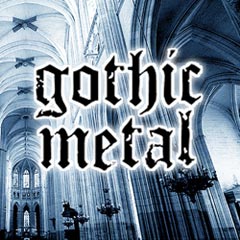 Gothic metal
Gothic metal Electronic
Electronic Ruby Recordings
Ruby Recordings Suicide girls
Suicide girls Alternative rock
Alternative rock Rumba
Rumba Post grunge
Post grunge
SUGGESTED PLAYLISTS

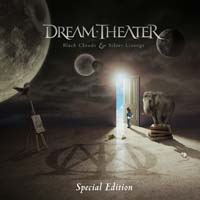
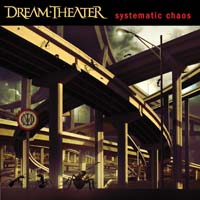

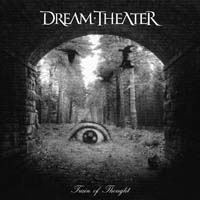
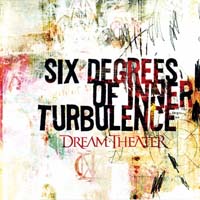
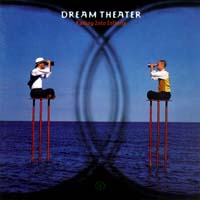
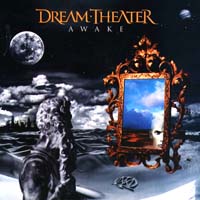


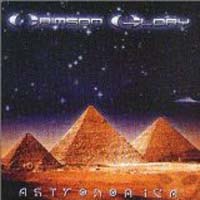
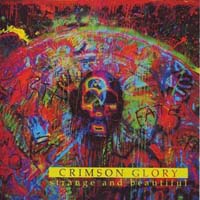
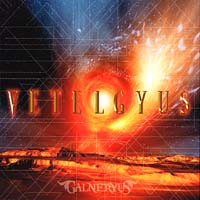



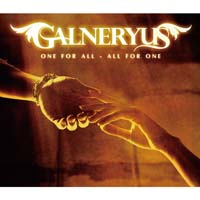
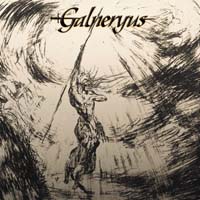
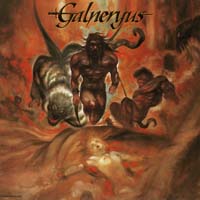







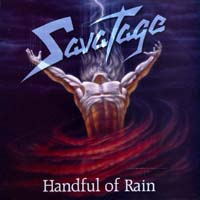
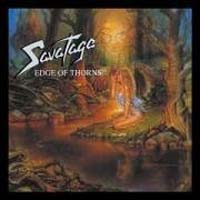


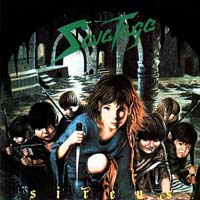

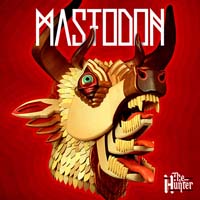



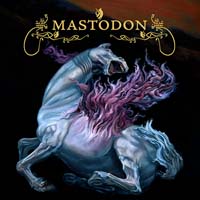

 The very best of rock & roll
The very best of rock & roll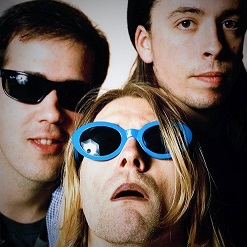 The best rock of the 90s
The best rock of the 90s Alternative metal bands
Alternative metal bands B-side, the alternative Beatles
B-side, the alternative Beatles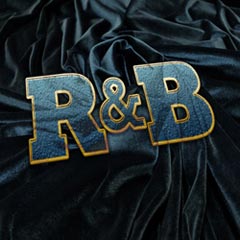 The very best of r&b
The very best of r&b The very best of blues
The very best of blues The good America
The good America The very best of swing
The very best of swing The very best of garage punk
The very best of garage punk The very best of gangsta rap
The very best of gangsta rap